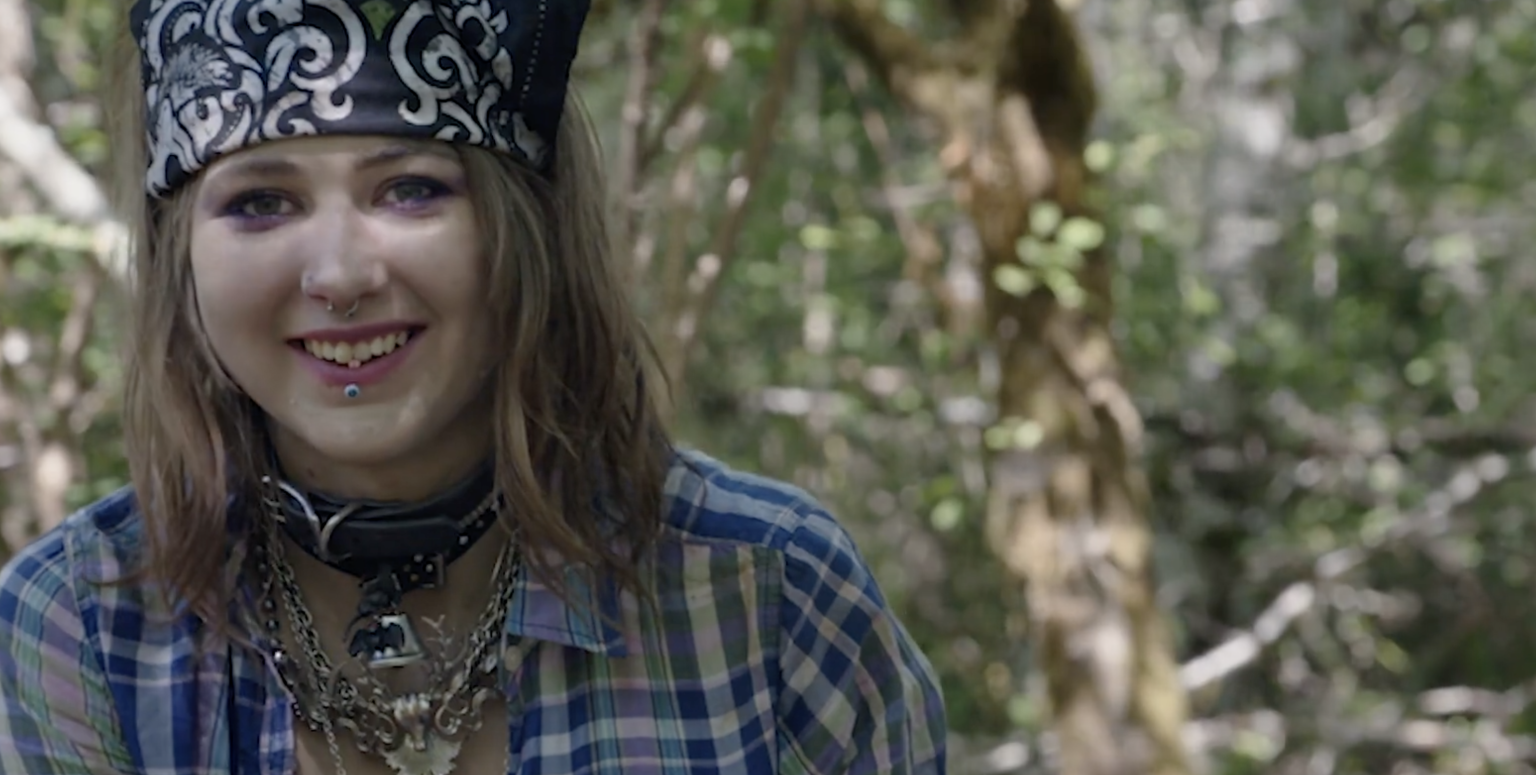Homelessness is a widespread social problem that many choose to ignore. The River, a new documentary from Rick Walters, faces the issue head-on in an honest and empathetic way. Walters focuses on the river documentary Aberdeen WA where roughly 1,000 people out of the 16,000 population have insecure housing. Many live in a homeless encampment along Chehalis River in Grays Harbor County. Some are young veterans, Native Americans, or dealing with addiction and mental illness. Walters exposes the living conditions of this impoverished community to ask what we can do to help them. Still, his documentary shows us that the answer to this question isn’t easy.
Walters’ history as a 14-year US Army veteran and addict helps him interview his dispossessed subjects with ease. Walters’ cool attitude allows the river inhabitants to readily open themselves up to him, and their interviews provide the documentary’s most intriguing fodder. Many of their stories are quite harrowing, featuring abuse (one chilling account, in particular, involves innocent puppies), drug-induced schizophrenia, and depression. But what becomes clear through these candid interviews is that all of these people are deeply hurting.
A young woman named Adalley recalls how the sudden death of her mother and disharmony with her father led to her living in the woods. Another man named Samuel is scary to look at with his tattoo-etched face, but when Walters converses with him we learn that Samuel is kind-hearted and all he wants is to find a girl to see the beautiful world with.
By sitting down with these homeless subjects and plainly speaking with them, Walters demonstrates how they are people just like us. He normalizes them and helps the audience not villainize them or view them as “other.” Despite their economic hardships, the river occupants face universal problems. Walters gives them a much-needed platform to explain how they got into their situation and defend themselves from the misconceptions that they just want to trash their environment. There is simply nowhere for them to go and they do not have the resources or aid to function and flourish in a capitalistic society.
One of the best elements of The River is that it provides many perspectives on the homeless crisis. Walters features compassionate Aberdeen community members who advocate on the behalf of people without housing: religious groups, shelter workers, and the police officers tasked with monitoring the river. In one scene, Walters travels with a sergeant on their morning rounds to wake those sleeping in the doorways of local businesses. We learn that many of the cops befriend the river residents and look out for them. It is nice to see law enforcement painted in a favorable light and working harmoniously with the community.
Walters does not shy away from showing the squalor the people without homes live in—their ripped tents and haphazard tarps, the garbage-laden riverbank, and graffiti-covered concrete walls. He juxtaposes these images with the clean, quaint town and tranquil landscape shots of the misty Washington skyline. Such visuals illustrate how these disparate places and differences in class closely co-exist.
The River Aberdeen documentary also reveals just how much red tape there is to get through in order to find a solution. City officials listen to the passionate testimonies of several community members, but it is not so simple to make decisions; they feel caught in a bind, their options limited to letting the homeless people live there or sweeping the place with bulldozers. Executives and citizens alike debate what to do, and all arguments are presented in a level-headed and thoughtful—yet passionate—manner. This governmental behind-the-scenes material gives insight into just how complex the whole predicament is. As one official points out, even building temporary housing may not work because homelessness is a “continuum.”
The River is integral viewing that brings to light a national crisis through the story of one small town trying to cope with homelessness. This documentary stands out because it is not dour poverty porn. Despite its serious subject, it features many uplifting moments and positive interactions. The film depicts a tight-knit, caring community that truly wants to help its underprivileged, and viewers are galvanized by their efforts and inspired to make their own changes. Through his candid interviews, Walters amplifies a group in dire need of support. It can be tough to witness the stories and living conditions of those who occupy the river, but Rick Walters The River documentary emphasizes the importance of giving them the dignity and respect they deserve. The River is an incredibly informative work with an empathetic soul that should be required viewing for all.




